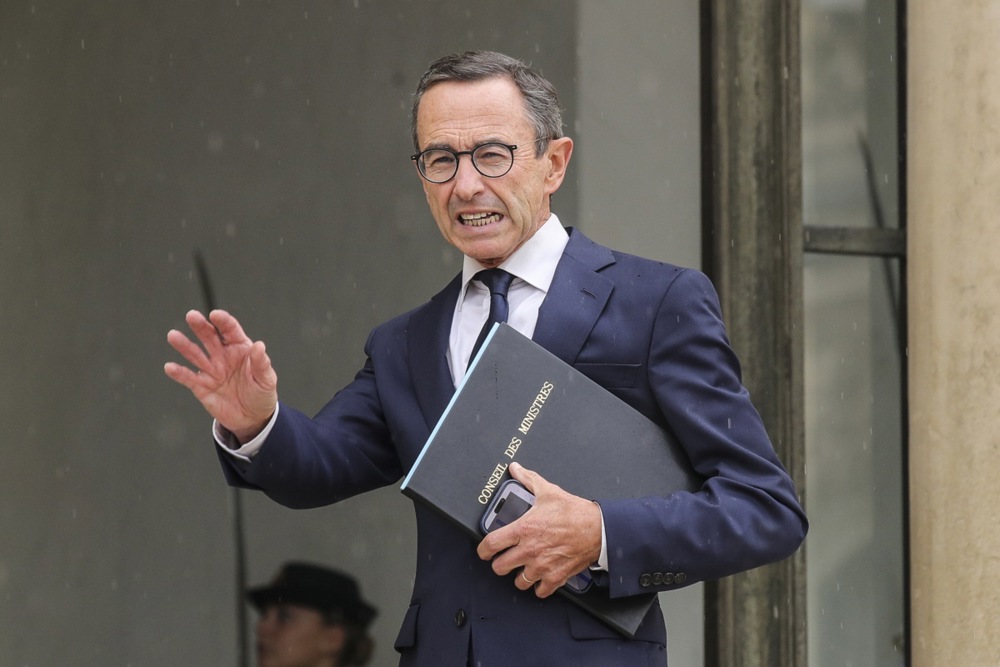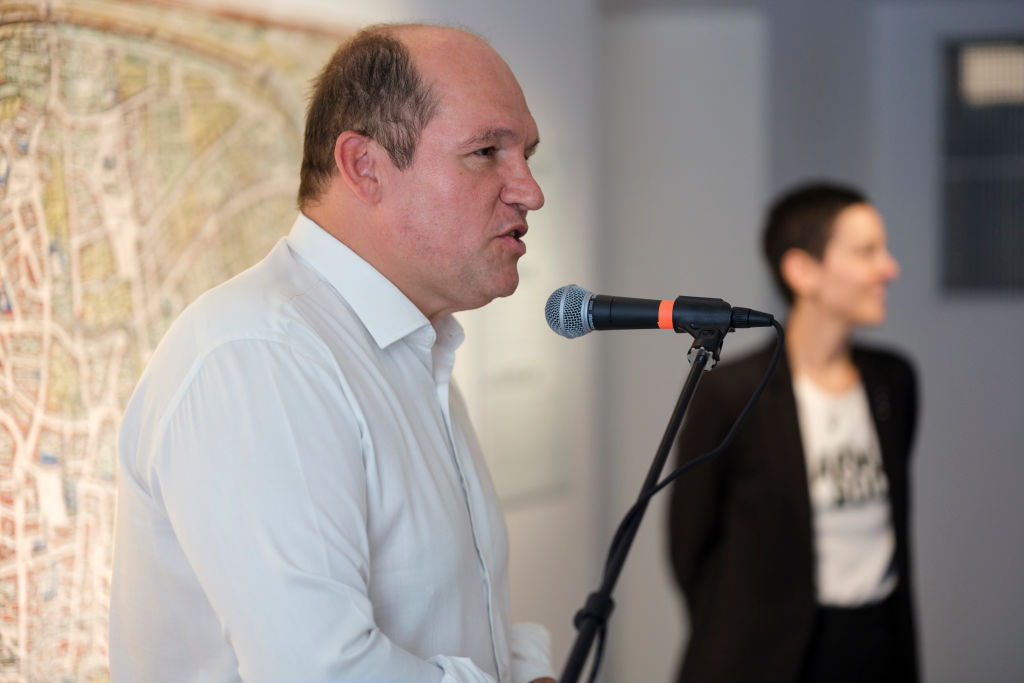Update:
With nearly all votes counted and only 4,500 diaspora votes remaining as of 4 PM on October 21, the “Yes” vote holds a 14,000-vote lead. Although the race is extremely close, it’s safe to say the pro-EU side has secured victory.
In a much-anticipated vote on October 20, Moldovans were split on the proposal to amend the constitution to prepare for joining the European Union, going against an anticipated easy victory for the “Yes” vote.
There was also a presidential election, in which pro-Western incumbent Maia Sandu came out on top but failed to reach an absolute majority. This means a second round is required against Alexandr Stoianoglo, a pro-Kremlin Socialist, which will take place in two weeks.
Both the referendum and the presidential election centred on whether Moldova should be more pro-Western or pro-Russian.
With 99 per cent of the vote counted early on October 21, the result was too close to call.
For a long time, the “No” to EU preparedness vote was in the lead but expats overwhelmingly supported the potential amendment, with 78 per cent voting “Yes” and by the morning of October 21, that camp was slightly in the lead.
Whatever the final outcome, this means the pro-EU camp did not receive a popular plebiscite for its political agenda.
Both the government and the opposition accused each other of vote rigging and manipulation.
Sandu said in a reaction to the disappointing referendum result: “Moldova has faced an unprecedented assault on our country’s freedom and democracy, both today and in recent months.”
“Criminal groups, working with foreign forces hostile to our national interests, have attacked our country with tens of millions of euros, lies and propaganda, using the most disgraceful means to keep our nation trapped in uncertainty and instability,” she added.
“We have clear evidence that these criminal groups aimed to buy 300,000 votes – a fraud of unprecedented scale. Their objective was to undermine a democratic process. Their intention is to spread fear and panic in the society.”
Moldova has faced an unprecedented assault on our country’s freedom and democracy, both today and in recent months.
— Maia Sandu (@sandumaiamd) October 20, 2024
Ahead of the election, opposition politicians had written an open letter calling on international institutions to help restore the rule of law in Moldova.
Several pro-Russian political parties were banned from participating in the elections. Some TV stations and websites were also taken down.
According to the BBC, the mood in Sandu’s election headquarters in the capital Chișinău on Sunday evening was “extremely subdued”.
“Many of Sandu’s supporters left her headquarters in Chisinau where they had been hoping to celebrate her victory before the count was even over. The little EU flags they’d been given to wave have been abandoned, on chairs or strewn on the ground,” it said.
The British broadcaster claimed to have witnessed evidence of vote-buying.
Despite the high-stakes vote, turnout was at a low 51 per cent
While the European Union threw a lot of money at Chișinău, Brussels did not appear to have warmed the hearts of the Moldovan population. The EU had pledged €1.8 billion to ease Moldova’s path to the EU.
Western sources have been accusing the Kremlin of undermining the vote, using disinformation, bribes and other illicit means to push the former Soviet country away from Europe.
The Moldovan police warned recently that up to 25 per cent of the 2.6 million votes cast in the nation could be corrupted by Russian money and they made hundreds of arrests after uncovering a huge vote-buying scam.
In the referendum, voters could choose between “Yes” or “No” to the question: “Do you support the amendment of the Constitution for the Republic of Moldova’s accession to the European Union?”
Next to the unexpected apparent result of the referendum, the presidential election also had an unpleasant surprise for pro-Western forces.
Sandu won but with only 42 per cent of the vote. This means she now has to compete against the pro-Russian Alexandr Stoianoglo in the second round.
Stoianoglon, a member of the Moldovan Socialist Party, is a former prosecutor and was polling at nine per cent prior to the election.
On October 20, he exceeded all expectations and ended up with 27 per cent of the vote.
Third and therefore no longer in the running, was Renato Usatîi, also pro-Russian. He scored 14 per cent. Fourth was Irina Vlah, with 6.1 per cent, also pro-Russian.
Shortly after Russia invaded Ukraine, Moldova applied for EU membership and the European Commission recommended opening accession negotiations.
While Moldova is a poor country and needs drastic reforms on governance, judicial standards and corruption, it aims to join the EU by 2030, something Brussels backs in light of the international geopolitical situation.
Moldova, a former Soviet Union country sandwiched between Ukraine and Romania, is set for significant elections on October 20 when voters must choose between partnering with the European Union or with Russia. https://t.co/SBMMwkqzBV
— Brussels Signal (@brusselssignal) October 18, 2024
Further update:
While constitutional changes require special majorities in many countries, this does not seem to be the case in Moldova. President Maia Sandu claimed victory and pledged to move forward.
“The people of Moldova have spoken: our EU future will now be anchored in the constitution. We fought fairly in an unfair fight—and we won”, she wrote on X.
“But the fight isn’t over. We will keep pushing for peace, prosperity, and the freedom to build our own future.”
Ursula von der Leyen congratulated Sandu on her victory.
Congratulations to the people of Moldova and to you, @sandumaiamd
You’ve done it again!
In the face of Russia’s hybrid tactics, Moldova shows that it is independent, it is strong and it wants a European future! https://t.co/R9v95YnHh7
— Ursula von der Leyen (@vonderleyen) October 21, 2024
Expats voted en masse in these elections, according to G4Media, 240,000 members of the Moldovan diaspora voted, a record. This while in Moldova the turnout was low.
Critics argue that the overnight shift is reminiscent of the 2020 U.S. election when late-night counting dramatically changed an outcome that had seemed secure.





